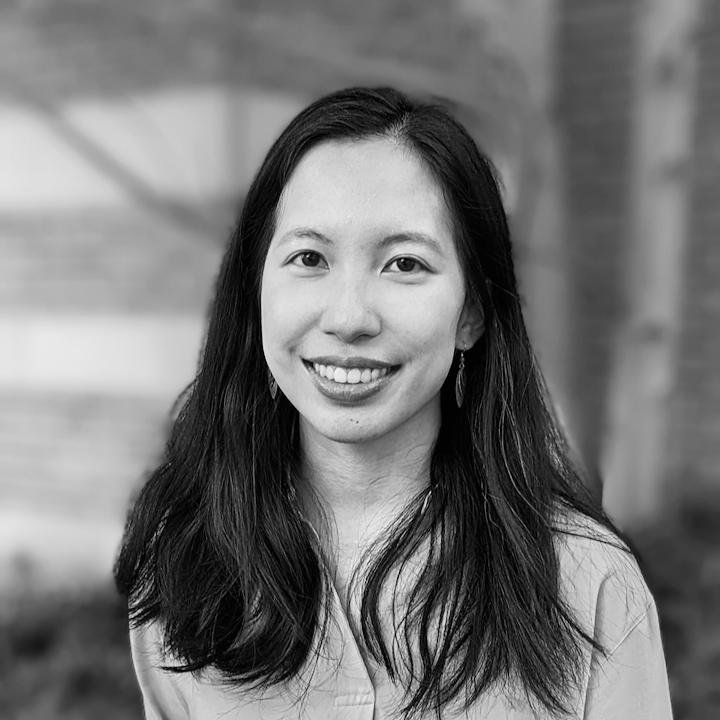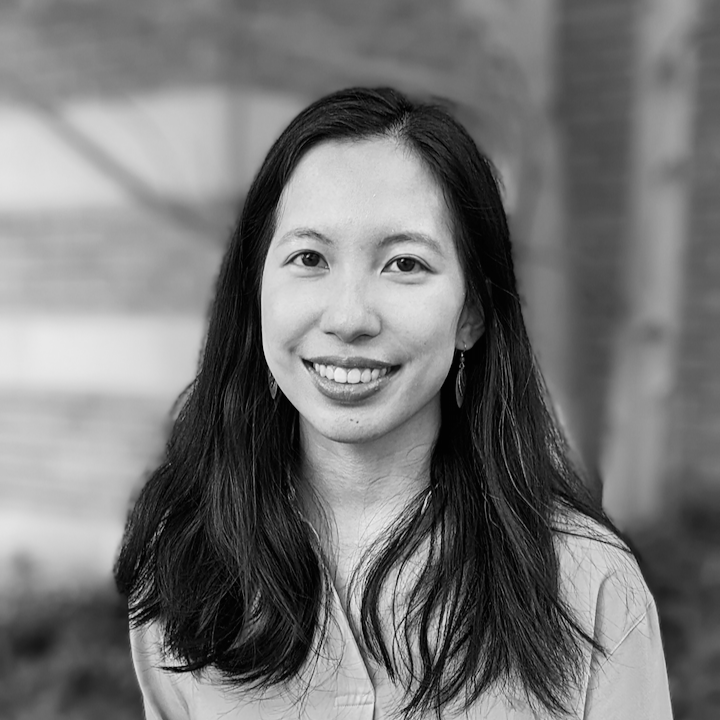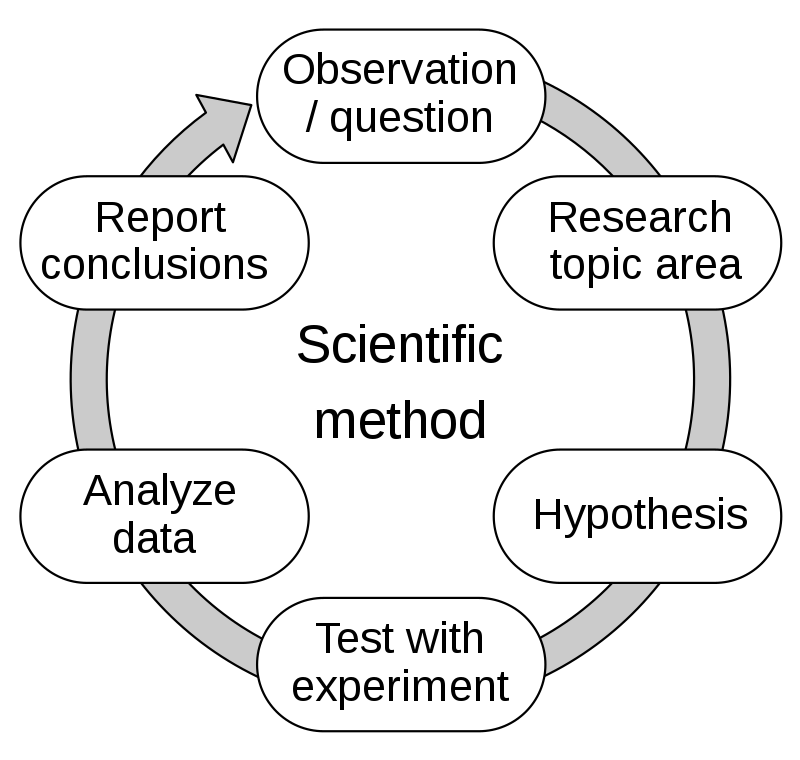About
The Cornell Phonetics Lab is a group of students and faculty who are curious about speech. We study patterns in speech — in both movement and sound. We do a variety research — experiments, fieldwork, and corpus studies. We test theories and build models of the mechanisms that create patterns. Learn more about our Research. See below for information on our events and our facilities.

Upcoming Events

17th February 2023 12:25 PM
Informal Talk by Jennifer Kuo: Markedness bias in phonological learning: a Samoan case study and proposed experiment
As part of her visit, Jennifer Kuo (she/her) will give an Informal Phonology Talk to interested students and faculty titled: Markedness bias in phonological learning: a Samoan case study and proposed experiment
This presentation will be recorded, and Jennifer's CV is here: https://www.kuojennifer.com/cv/
Abstract:
In this presentation, I will first share findings on historical change in Samoan, where morphophonological paradigms have been restructured in a way that is sensitive to markedness effects. I will then outline a nonce-word experiment that builds on these findings.
In particular, I propose to compare fluent L1 speakers and heritage speakers on their production of the target alternation pattern, and outline an argument for why heritage speakers are expected to be more sensitive to learning biases (relative to fluent L1 speakers).
Location: Room 111, Morrill Hall, 159 Central Avenue, Morrill Hall, Ithaca, NY 14853-4701, USA
17th February 2023 04:30 PM
Jennifer Kuo will hold a Phonology discussion with interested students
Jennifer Kuo (she/her) will hold a Phonology discussion with interested students, followed by an informal dinner.
If you would like to come and have not already sent in your RSVP, please let Jenny know you are coming. Everyone is welcome!
You are welcome to read Jennifer’s paper Evidence for prosodic correspondence in the vowel alternations of Tgdaya Seediq ahead of the discussion, but note that this will not be a formal discussion of the paper and you do not need to have read the paper to attend.
Jennifer's CV is here: https://www.kuojennifer.com/cv/
Location: Linguistics Lounge, Room 208, Morrill Hall, 159 Central Avenue, Ithaca, NY 14853-4701, USA
22nd February 2023 12:12 PM
PhonDAWG - Phonetics Lab Data Analysis Working Group
We will continue discussing Simon's experiment design.
Location: B11 Morrill Hall, 159 Central Avenue, Ithaca, NY 14853-4701, USA
22nd February 2023 04:30 PM
Dr. Jordan Wright to speak on Post-Modern Audism
The Department of Linguistics proudly presents RIT's Dr. Jordan Wright, Ph.D., who will present on "Post-Modern Audism".
Post-Modern Audism is a revolutionary critical theorem that builds on the work of previous Deaf Studies scholars in order to better reflect the array of human diversity and intersectional experiences of Deaf communities.
The term Audism was first coined in the 1970s as an articulation of how Deaf people experience oppression in a world that lauds speaking and hearing as universal norms. Since the early 1960's with the recognition of American Sign Language as a bona fide language born of academic research, early Deaf Studies scholars attempted to create Deaf Critical Theory as a means to confront, question, and analyze power dynamics between Deaf and hearing worlds.
Post-Modern Audism attempts to reconcile the pitfalls created in Deaf Critical Theory that eschews the notion of the Euro-centric, white, Deaf body, and incorporates novel ideas of Deaf Epistemology as possessing multiple loci, while casting light upon the historically shadowed in-between spaces of the Deaf communities. Post-Modern Audism critiques Deaf Crit in a way that allows for the intersection of multiple identities underpinned by the experience of Deaf being-in-the-world.
ASL/English translation will be provided.
A light reception with the speaker will follow in the Linguistics Lounge (Room 208, Morrill Hall)
Bio:
Dr. Jordan Wright is an Assistant Professor in the Department of Liberal Studies, National Technical Institute for the Deaf at the Rochester Institute of Technology
Location: 106 Morrill Hall, 159 Central Avenue, Ithaca, NY 14853-4701, USA
Facilities
The Cornell Phonetics Laboratory (CPL) provides an integrated environment for the experimental study of speech and language, including its production, perception, and acquisition.
Located in Morrill Hall, the laboratory consists of six adjacent rooms and covers about 1,600 square feet. Its facilities include a variety of hardware and software for analyzing and editing speech, for running experiments, for synthesizing speech, and for developing and testing phonetic, phonological, and psycholinguistic models.
Web-Based Phonetics and Phonology Experiments with LabVanced
The Phonetics Lab licenses the LabVanced software for designing and conducting web-based experiments.
Labvanced has particular value for phonetics and phonology experiments because of its:
- *Flexible audio/video recording capabilities and online eye-tracking.
- *Presentation of any kind of stimuli, including audio and video
- *Highly accurate response time measurement
- *Researchers can interactively build experiments with LabVanced's graphical task builder, without having to write any code.
Students and Faculty are currently using LabVanced to design web experiments involving eye-tracking, audio recording, and perception studies.
Subjects are recruited via several online systems:
- * Prolific and Amazon Mechanical Turk - subjects for web-based experiments.
- * Sona Systems - Cornell subjects for for LabVanced experiments conducted in the Phonetics Lab's Sound Booth

Computing Resources
The Phonetics Lab maintains two Linux servers that are located in the Rhodes Hall server farm:
- Lingual - This Ubuntu Linux web server hosts the Phonetics Lab Drupal websites, along with a number of event and faculty/grad student HTML/CSS websites.
- Uvular - This Ubuntu Linux dual-processor, 24-core, two GPU server is the computational workhorse for the Phonetics lab, and is primarily used for deep-learning projects.
In addition to the Phonetics Lab servers, students can request access to additional computing resources of the Computational Linguistics lab:
- *Badjak - a Linux GPU-based compute server with eight NVIDIA GeForce RTX 2080Ti GPUs
- *Compute server #2 - a Linux GPU-based compute server with eight NVIDIA A5000 GPUs
- *Oelek - a Linux NFS storage server that supports Badjak.
These servers, in turn, are nodes in the G2 Computing Cluster, which currently consists of 195 servers (82 CPU-only servers and 113 GPU servers) consisting of ~7400 CPU cores and 698 GPUs.
The G2 Cluster uses the SLURM Workload Manager for submitting batch jobs that can run on any available server or GPU on any cluster node.
Articulate Instruments - Micro Speech Research Ultrasound System
We use this Articulate Instruments Micro Speech Research Ultrasound System to investigate how fine-grained variation in speech articulation connects to phonological structure.
The ultrasound system is portable and non-invasive, making it ideal for collecting articulatory data in the field.

BIOPAC MP-160 System
The Sound Booth Laboratory has a BIOPAC MP-160 system for physiological data collection. This system supports two BIOPAC Respiratory Effort Transducers and their associated interface modules.

Language Corpora
- The Cornell Linguistics Department has more than 915 language corpora from the Linguistic Data Consortium (LDC), consisting of high-quality text, audio, and video corpora in more than 60 languages. In addition, we receive three to four new language corpora per month under an LDC license maintained by the Cornell Library.
- This Linguistic Department web page lists all our holdings, as well as our licensed non-LDC corpora.
- These and other corpora are available to Cornell students, staff, faculty, post-docs, and visiting scholars for research in the broad area of "natural language processing", which of course includes all ongoing Phonetics Lab research activities.
- This Confluence wiki page - only available to Cornell faculty & students - outlines the corpora access procedures for faculty supervised research.

Speech Aerodynamics
Studies of the aerodynamics of speech production are conducted with our Glottal Enterprises oral and nasal airflow and pressure transducers.

Electroglottography
We use a Glottal Enterprises EG-2 electroglottograph for noninvasive measurement of vocal fold vibration.

Real-time vocal tract MRI
Our lab is part of the Cornell Speech Imaging Group (SIG), a cross-disciplinary team of researchers using real-time magnetic resonance imaging to study the dynamics of speech articulation.

Articulatory movement tracking
We use the Northern Digital Inc. Wave motion-capture system to study speech articulatory patterns and motor control.
Sound Booth
Our isolated sound recording booth serves a range of purposes--from basic recording to perceptual, psycholinguistic, and ultrasonic experimentation.
We also have the necessary software and audio interfaces to perform low latency real-time auditory feedback experiments via MATLAB and Audapter.

